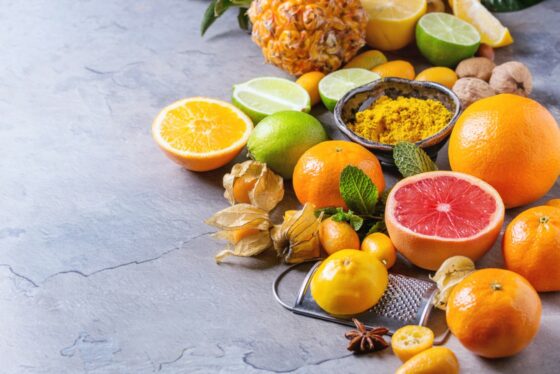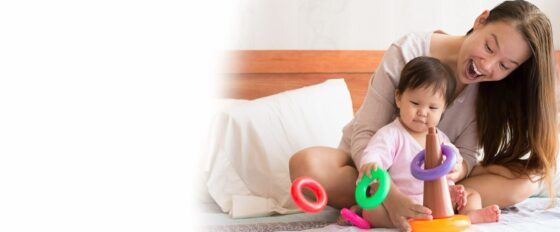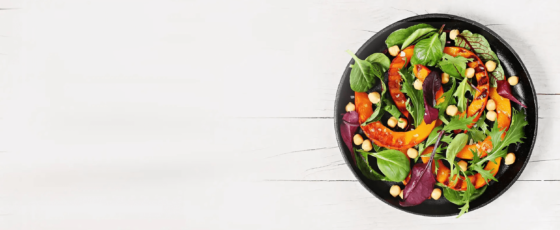Foods to Avoid When Breastfeeding
You should avoid caffeine, fish with high mercury levels, artificial sweeteners and alcohol when breastfeeding.
As in pregnancy, what you eat while breastfeeding is passed on to your baby. By maintaining healthy eating habits when breastfeeding, you can help keep you and your baby well-nourished and support her developing taste for healthy foods.
Most foods are fine when breastfeeding
Breastfeeding mums should focus on eating plenty of whole foods like fresh fruits and vegetables, wholegrains, beans, lean protein, high quality dairy, nuts and seeds. It’s not necessary to avoid acidic foods (like citrus and tomatoes), spicy or strong-flavored foods (like garlic) and “gassy foods” (like broccoli and cauliflower) – these generally don’t cause any more fussiness in a breastfed baby than other foods.
There is also no convincing evidence that you should avoid or limit major allergens (milk, eggs, peanuts, tree nuts, soy, wheat, fish and shellfish) from your diet while breastfeeding, unless you yourself are allergic to a particular food. In fact, the opposite is true and eating a varied diet helps to train your growing baby’s immune system to cope with allergens from the start.
There are some foods you should avoid
Some foods and ingredients are best limited or avoided while breastfeeding. These include:
Caffeine
This stimulant can pass through your breast milk to your baby, causing her to become wide-eyed, active, alert or fussy. It’s generally safe for breastfeeding mothers to have up to 200-300 milligrams of caffeine per day (or about 2 or 3 cups of coffee), but you may find that your baby doesn’t settle well when you’ve had a morning brew.
Don’t forget that caffeine is found in non-herbal teas (like green, matcha, chai, black and oolong), medications (like certain headache and migraine medications), chocolate, soft drink, some herbal products and supplements, and some energy drinks.
Mercury
Some types of fish – including shark, white tuna, swordfish, king mackerel, and lake fish – contain methylmercury, which is harmful to a baby’s developing nervous system. It’s best to avoid these fish when breast feeding.
Remember, though, you don’t have to avoid all fish when breastfeeding. Indeed, it is an important source of a number of high quality nutrients, from protein to omega fatty acids (LCPUFA’s). Fish with lower mercury levels include wild salmon, canned light tuna and sardines.
Artificial sweeteners
Although research is lacking and the impact is unknown, we recommend that breastfeeding women avoid or limit artificial sweeteners that include saccharin. Instead, consume whole foods and when you do want a little sweetness, opt for honey or 100% pure maple syrup.
A note on honey. You can eat honey when breastfeeding, although your young baby (under the age of 12 months) can’t – as it poses a risk of botulism.
Alcohol
According to current research, 1-2 alcoholic drinks occasionally does not appear to cause harm to breastfeeding babies. Yet it can change the flavour of breast milk – some babies will refuse to feed after you have had a drink.
If you are planning to have a glass of wine or other alcohol, be aware that it peaks in your blood and breast milk between 30 to 60 minutes after drinking (with considerable variation from person to person, depending on how much food you eat, your body weight, percentage of body fat and more). “Pumping & dumping” your milk does not get rid of alcohol any faster.

Want to know more? Call us on 1800 842 098 or Live Chat now.
Track your baby’s development
Get month-by-month advice on your baby’s development



